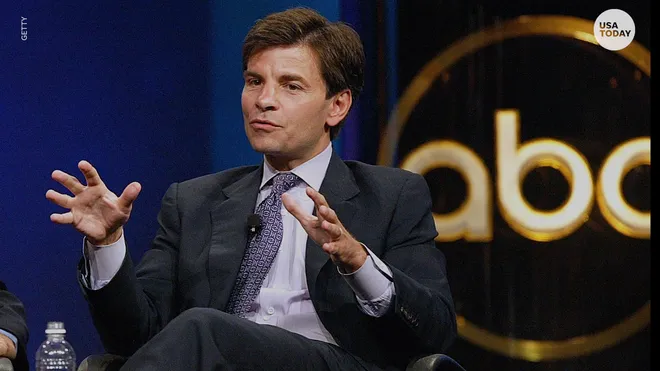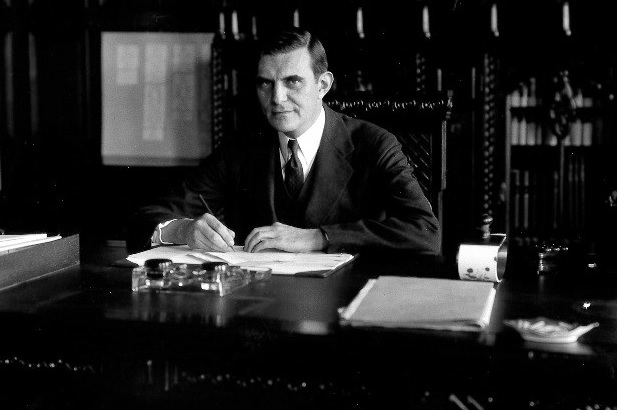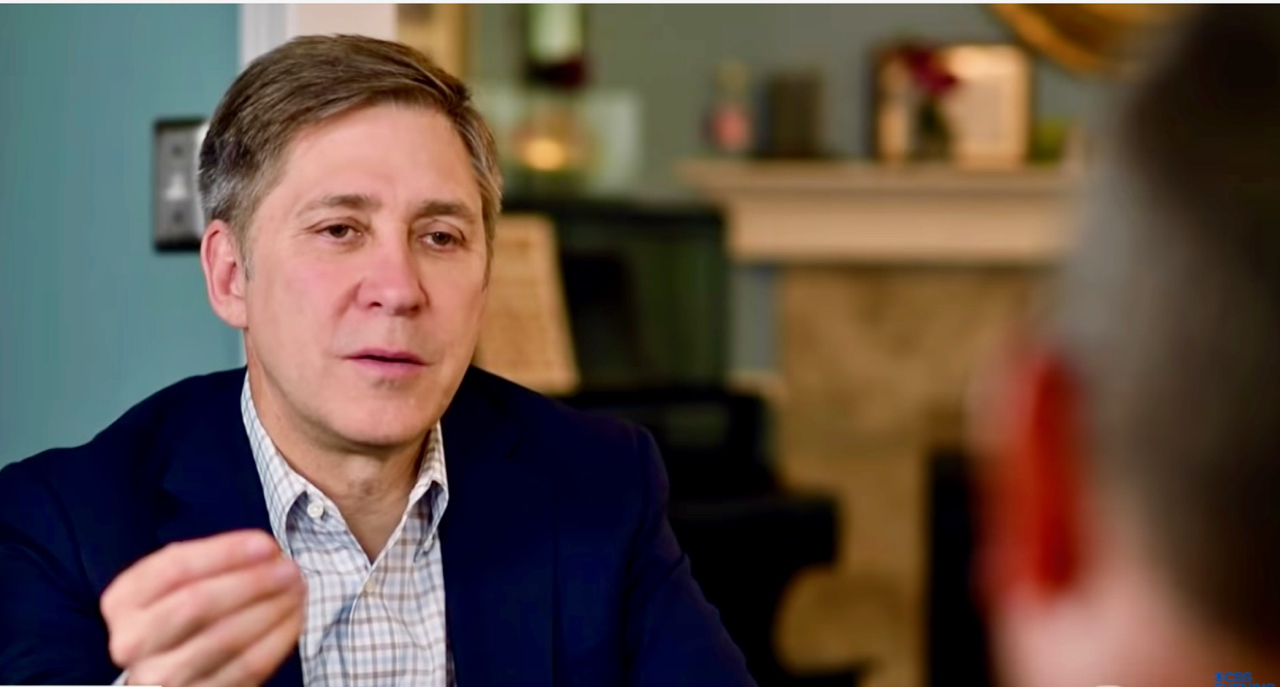On July 10, 1985, among hundreds of newsworthy events around the world, were the following:
Bishop Desmond Tutu, Nobel laureate, charged into an angry mob to save a suspected police informer from being burned to death.

An Israeli court convicted 15 Jewish terrorists of murder and other acts of violence against Arabs.
A Turkish supertanker was struck by an Iraqi missile and heavily damaged.
The government of Sri Lanka freed 643 political prisoners.
In Washington the House voted to repeal a nine-year-old ban on America aid to guerrillas fighting the Marxist regime in Angola.
Attorney General Meese refused to rule out kidnapping as a means of bringing terrorists to justice.
The Nuclear Regulatory Commission came under attack for not properly considering earthquake hazards at the Diablo Canyon plant.
Eight major fires in California destroyed 300,000 acres of forests and scores of homes.
All of this on the same day.
But the lead story on two of the three major American network news broadcasts that evening was the announcement that Coca-Cola had decided to go back to its old taste after experimenting with a new one.
Thus begins the introduction to “Trivializing America – The Triumph of Mediocrity” (1986), a collection of essays by Norman Corwin. Corwin has been writing since… well, since before most of us have been born. Newspapers, radio, TV, film and books – Norman has done it all. I include excerpts from this introductory commentary not only because of Corwin’s eloquent analysis of the problem, but as a reminder that the only way things are going to change – from stories on Charlie Sheen to birther Donald Trump – is to demand more from those who are granted the privilege of using public airwaves/cable by us, the citizenry, to keep us informed with what we need to know to make knowledgeable decisions about issues that affect us all.
Most of the country’s press featured Coke’s turnaround on their front pages, at the expense of all but a few of the genuine news stories listed above.
The values represented in the media’s treatment of Coca-Cola’s “news” did not suddenly surface. The truth is that a general erosion of values has been taking place for a long time. The enormity of the free publicity given to the marketing vagaries of a soft drink is, by any rational judgment, fairly sick. But it was only one small, stumbling step in the decline of our national ethos. There have been, and continue to be, frequent hops, skips, and skids in the same direction.
The process is one of trivialization. It amounts to a low-grade, chronic disease. Now and then the symptoms abate, but they return. For the most part, Americans do not know what they suffer from, and those who do are divided about its nature, whether they want to cure it, and whether it can be cured at all.
The gloomiest observers think it may ultimately come down to a question of survival – that our demise is far less likely to be from a nuclear blow than from the wasting effects of trivialization on a broad front.
Demise does not necessarily mean prostration, collapse, being overrun by barbarians, or becoming a colony of Greater China. It does not even mean being dislodged from first place as the country with the most telephones, automobiles, serum cholesterol and gross national product.
But when a nation has known greatness and stood as an exemplar to the world, when it has bred giants and accomplished prodigies, when humane ideals have been instilled in its people, when it has aspired, in the words of a state motto,To the Stars Through Hardship (the motto of Kansas) – and gradually it turns away from all this and becomes indifferent, complacent, greedy, bored, hungry for kicks, amenable to getting-along-by-going along, comfortable with mediocrity, its aspirations venal and its governance sporadically avaricious, self-righteous, conniving, browbeating or paranoid, then it approaches a moral nadir.
… when I treat, in these pages, of forces in our culture and society that tend to reduce us, to fragment our concentration, erode our standards, fritter away our native genius, and make our political procedures a kind of National Trifle Association, I do so from a premise that we have been, at moments still are, and could well again become a nation of grandeur…
Some think it is already too late, that the damage is irreversible. I do not share that pessimism. I prefer to think there is enough tough genetic material in the American character for us to rebound. But it will take a strenuous turnaround – a physical, spiritual, psychological, cultural and political reversal requiring the kind of concentrated energy and effort that goes into a massive building project – analogous, in a way, to building a dam that changes the course of a mighty river and at the same time controls flooding and generates energy.
In the book’s final essay, Corwin concludes –
Ultimately, it gets back to Whitman’s vow, “I swear nothing is good to me now that ignores individuals.” Many forces and entities today ignore individuals by trivializing them, but the reverse is also true; masses of individuals ignore the values which make for a healthy society, and that is an even worse form of trivialization. It amounts to a deadly reciprocation which, one can but hope, will be checked in time by those charterless alliances of good people known to the poet as a saving minority, to the broadcaster as an aristocracy of spirit unsullied by arrogance, hostility or greed, and to readers [and viewers], as the conscionable core, the humane marrow of America.
Comments











